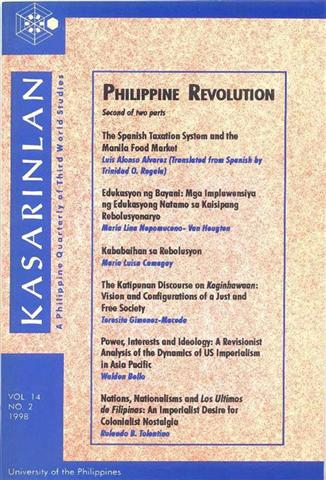Nations, Nationalisms and Los Ultimos de Filipinas: An Imperialist Desire for Colonialist Nostalgia
Abstract
Spain after World War II found itself isolated from the emerging Cold War order, a direct result of its support of the losing Axis powers. Scarred by the civil war that further plunged it into economic ruin, Generalissimo Franco was determined to pull his country out of recession and back into international scheme of things now run by postwar industrial powers such as the United States. The Spanish cinema in a nation of cinema addicts was the perfect vehicle for the said agenda, serving both as a lucrative ideological state apparatus in disseminating the Francoist ideology while catering to popular needs. Released in 1945, Antonio Roman’s Los ultimos de Filipinas marked Spain’s first phase of defascistization and was both a commercial and critical success. The film dramatizes and romanticizes the gallant resistance of 50 Spanish soldiers against the attack of Tagalog revolutionaries in Baler after American troops landed in the Philippines, Spain's last colony. Los ultimos de Filipinas, an elegy to the passing colonial heritage, became Franco's tool for national reunification and international reintegration, all at the expense of a former colony and its people.
Published
2009-07-24
Section
Features
By submitting a manuscript, the authors agree that the exclusive rights to reproduce and distribute the article have been given to the Third World Studies Center.



